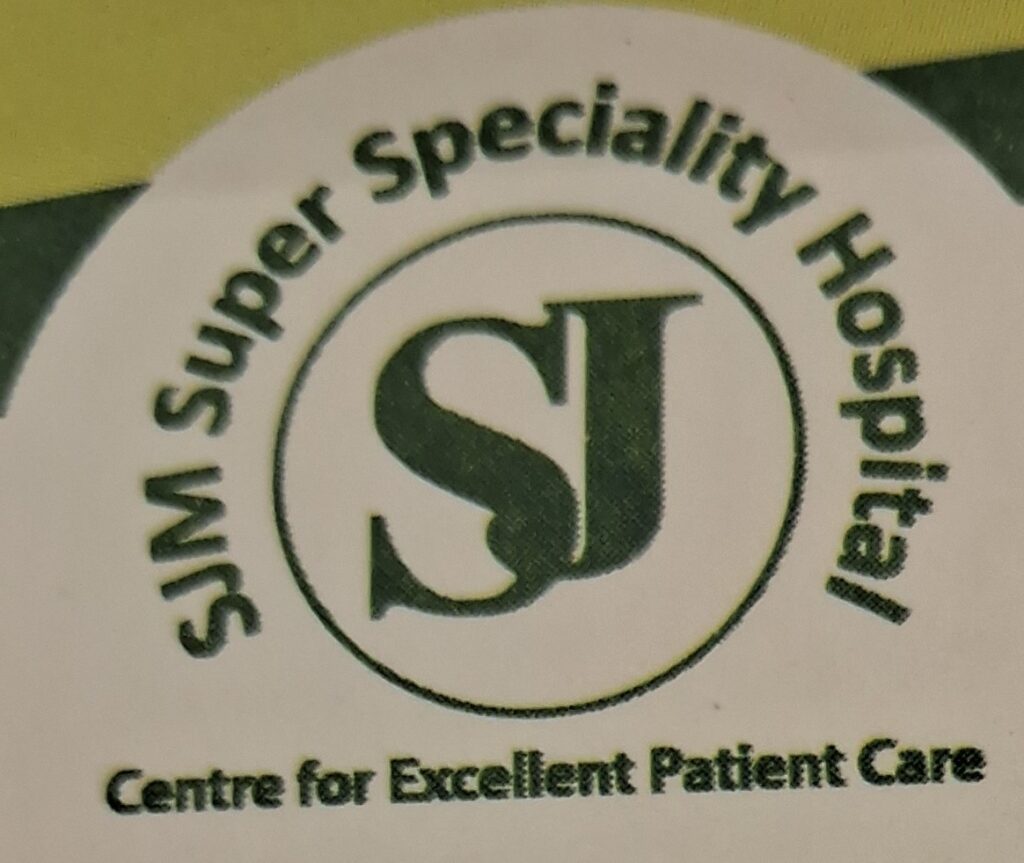Services
Depression Management
- Comprehensive Evaluation: Thorough assessment to understand the severity and underlying causes of depression.
- Therapy and Counseling: Utilizing various therapeutic approaches to address emotional distress.
- Medication Options: Prescribing antidepressants when necessary for symptom management.
- Lifestyle and Coping Strategies: Developing techniques to enhance daily functioning and emotional well-being.
Phobias
Treatment
- Phobia Identification: Identifying specific fears and triggers.
- Exposure Therapy: Gradual and controlled exposure to the phobia to reduce anxiety.
- Cognitive-Behavioral Techniques: Strategies to change thought patterns and behaviors related to phobias.
- Supportive Counseling: Providing guidance and support throughout the treatment process.
Bipolar Affective Disorder Management
- Medication Management: Prescribing mood stabilizers and medications to manage manic and depressive episodes.
- Therapeutic Interventions: Utilizing psychotherapy to help individuals cope with mood swings.
- Lifestyle Adjustments: Promoting healthy routines and strategies to manage stress.
- Regular Monitoring: Ensuring ongoing support and medication effectiveness.
Generalized Anxiety Disorder
Treatment
- Anxiety Assessment: Thorough evaluation to understand the scope and triggers of anxiety.
- Therapy and Counseling: Offering cognitive-behavioral therapy (CBT) and relaxation techniques.
- Medication Options: Prescribing anti-anxiety medications when needed.
- Coping Skills Development: Teaching strategies to manage excessive worry and physical symptoms.
Alcohol Dependence Syndrome Management
- Assessment and Diagnosis: Evaluating the severity of alcohol dependence and related issues.
- Counseling and Support Groups: Providing therapy and group support to address addiction.
- Medication for Withdrawal: Offering medications to manage withdrawal symptoms.
- Relapse Prevention: Developing strategies to maintain sobriety and prevent relapse.
Obsessive Compulsive Disorder (OCD) Treatment
- OCD Assessment: Understanding obsessions and compulsions.
- Cognitive Behavioral Therapy (CBT): Utilizing CBT to challenge and change OCD behaviors.
- Medication Management: Prescribing medications like SSRIs for symptom relief.
- Exposure and Response Prevention (ERP): Gradual exposure to obsessions without engaging in compulsions.
Sexual Dysfunction Services
- Comprehensive Evaluation: Assessing the underlying causes of sexual dysfunction.
- Counseling and Therapy: Offering sex therapy to address psychological factors.
- Medication Options: Prescribing medications for specific sexual concerns.
- Lifestyle and Relationship Counseling: Addressing issues that may impact sexual satisfaction.
Dementia Management
- Dementia Evaluation: Diagnosing the type and stage of dementia.
- Symptom Alleviation: Prescribing medications to manage cognitive decline and behavioral symptoms.
- Supportive Care: Providing support for individuals and their caregivers.
- Lifestyle Modifications: Implementing strategies to improve the quality of life for dementia patients.
Insomnia
Treatment
- Sleep Evaluation: Assessing sleep patterns and underlying causes of insomnia.
- Behavioral Therapy: Utilizing techniques to improve sleep hygiene and habits.
- Medication Options: Prescribing medications for short-term or chronic insomnia.
- Coping Strategies: Teaching relaxation techniques and stress management for better sleep.
Cannabis Dependence Syndrome Management
- Addiction Assessment: Evaluating the extent of cannabis dependence and its impact.
- Behavioral Therapies: Utilizing therapy to address addiction behaviors.
- Support Groups: Encouraging participation in support groups for ongoing recovery.
- Relapse Prevention: Developing strategies to maintain abstinence.
Opioid Dependence Syndrome Management
- Medication-Assisted Therapy (MAT): Using medications like methadone or buprenorphine to reduce cravings.
- Counseling and Therapy: Providing counseling to address psychological aspects of addiction.
- Supportive Groups: Encouraging participation in support groups for ongoing recovery.
- Holistic Care: Offering a comprehensive approach to address physical and mental health needs.
